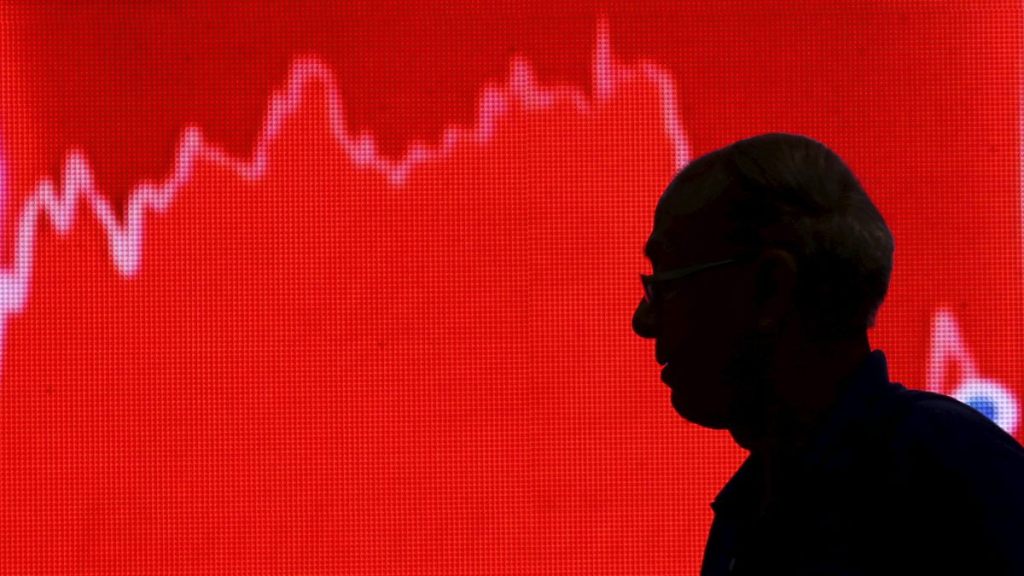Foreign institutional investors (FII) offloaded shares worth net Rs 354.35 crore, while domestic institutional investors (DII) added shares worth net Rs 386.28 crore on September 27, 2023, according to the provisional data available on the NSE.
For the month till September 27, 2023, FIIs sold shares worth net Rs -21,642.24 crore while DIIs bought shares worth net Rs 14,849.68 crore. In the month of August, FIIs offloaded shares worth net Rs 20,620.65 crore while DIIs added equities worth net Rs 25.16.95 crore.
On Wednesday, the benchmark domestic indices ended in positive territory. The NSE Nifty 50 gained 0.26% to settle at 19,716.45, while the BSE Sensex added over 170 points to 66,118.69.
“The market inched higher in the second half, driven by positive openings in European markets. Concerns about global interest rates and elevated oil prices are being balanced by several domestic factors, such as promising economic growth prospects and the potential for strong earnings, which validate the premium valuation. The FMCG and Pharma sectors outperformed, with investors adopting a defensive approach to navigate global challenges. However, persistent outflows of foreign funds and rising US bond yields are expected to keep the broader indices in bleak terrain, in the near-term,” said Vinod Nair, Head of Research at Geojit Financial Services.
Foreign institutional investors (FII) or Foreign portfolio investors (FPI) are those who invest in the financial assets of a country while not being part of it. On the other hand, domestic institutional investors (DII), as the name suggests, invest in the country they’re living in. Political and economic trends impact the investment decisions of both FIIs and DIIs. Additionally, both types of investors – foreign institutional investors (FIIs) and domestic institutional investors (DIIs) – can impact the economy’s net investment flows.


